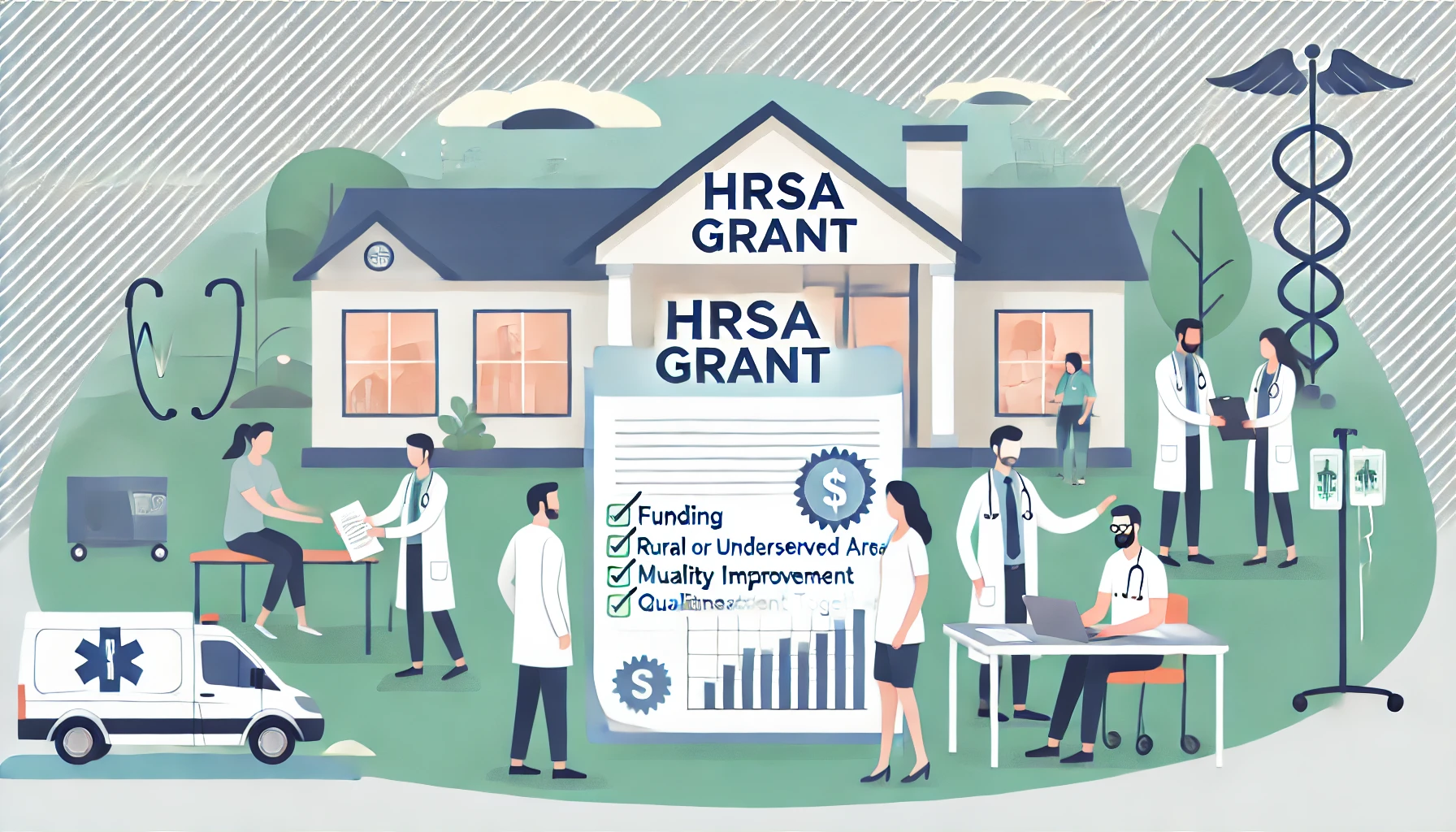
Table of Contents

AI in healthcare demands ethical navigation, balancing innovation with patient privacy, bias prevention, and maintaining human oversight for transformative medical technologies.
AI in healthcare demands ethical navigation, balancing innovation with patient privacy, bias prevention, and maintaining human oversight for transformative medical technologies.
AI in Healthcare: Navigating Ethical Challenges and Future Opportunities
As artificial intelligence continues to revolutionize healthcare, we find ourselves at a critical intersection of technological innovation and ethical considerations. The rapid advancement of AI presents both unprecedented opportunities and complex challenges that demand careful navigation.
The Ethical Landscape of AI in Healthcare
The integration of AI into healthcare is no longer a futuristic concept but a present-day reality. From diagnostic tools to predictive analytics, artificial intelligence is reshaping how medical professionals approach patient care. However, this transformation comes with significant ethical considerations that cannot be overlooked.
Key Ethical Considerations
- Patient Privacy and Data Protection: AI systems require vast amounts of medical data, raising critical questions about patient confidentiality and data security.
- Algorithmic Bias: The potential for AI systems to perpetuate existing healthcare disparities through biased training data is a serious concern.
- Accountability and Transparency: Determining responsibility when AI-assisted decisions lead to medical errors remains a complex challenge.
Opportunities for Transformation
Despite the challenges, AI offers remarkable potential to revolutionize healthcare delivery. Medplace recognizes that independent, external peer review can play a crucial role in mitigating many of the risks associated with AI implementation. By providing an additional layer of professional oversight, healthcare organizations can leverage AI technologies more confidently and ethically.
Potential AI Applications
- Early Disease Detection
- Personalized Treatment Plans
- Predictive Healthcare Analytics
- Streamlined Administrative Processes
Balancing Innovation and Responsibility
The National Academy of Medicine has begun to outline priorities for responsible AI integration in healthcare. Their approach emphasizes the need for:
- Comprehensive Ethical Frameworks
- Robust Validation Processes
- Continuous Monitoring and Assessment
The Role of Independent Peer Review
As AI technologies become more sophisticated, the importance of independent medical review cannot be overstated. Medplace's network of over 132 medical specialties provides a critical mechanism for ensuring AI-driven medical decisions maintain the highest standards of clinical excellence.
Navigating Potential Risks
While AI presents tremendous opportunities, healthcare organizations must approach implementation with caution. Key strategies include:
- Implementing rigorous testing protocols
- Maintaining human oversight
- Developing transparent AI systems
- Continuously updating ethical guidelines
Looking to the Future
The integration of AI in healthcare is not about replacing human medical professionals but enhancing their capabilities. The most successful approaches will view AI as a collaborative tool that supports, rather than supersedes, human medical expertise.
Critical Questions to Consider
- How can we ensure AI systems remain truly objective?
- What mechanisms can prevent algorithmic bias?
- How do we balance technological innovation with patient safety?
Original Source: National Academy of Medicine AI Healthcare Analysis
As we continue to explore the potential of AI in healthcare, one thing remains clear: careful, thoughtful implementation is key. Medplace stands ready to support healthcare organizations in navigating these complex technological and ethical landscapes.

Why Every Hospital Needs a Quality and Patient Safety Program
Every hospital needs a quality and patient safety program to reduce harm, improve care, and foster a culture of accountability.
.png)
.png)

HRSA FQHC Requirements: A Comprehensive Guide for Healthcare Providers
When it comes to federally qualified health center requirements, there’s no shortage of regulations, expectations, and—depending on your perspective—opportunities.
.png)
.png)

Unlocking Funding: A Guide to Health Resources and Services Administration (HRSA) Grants
Use HRSA grants to fund external peer review programs that enhance care quality, reduce bias, and support compliance in health centers.
.png)
.png)



.png)
.png)
.png)






.png)